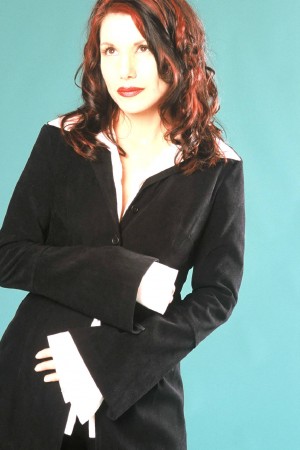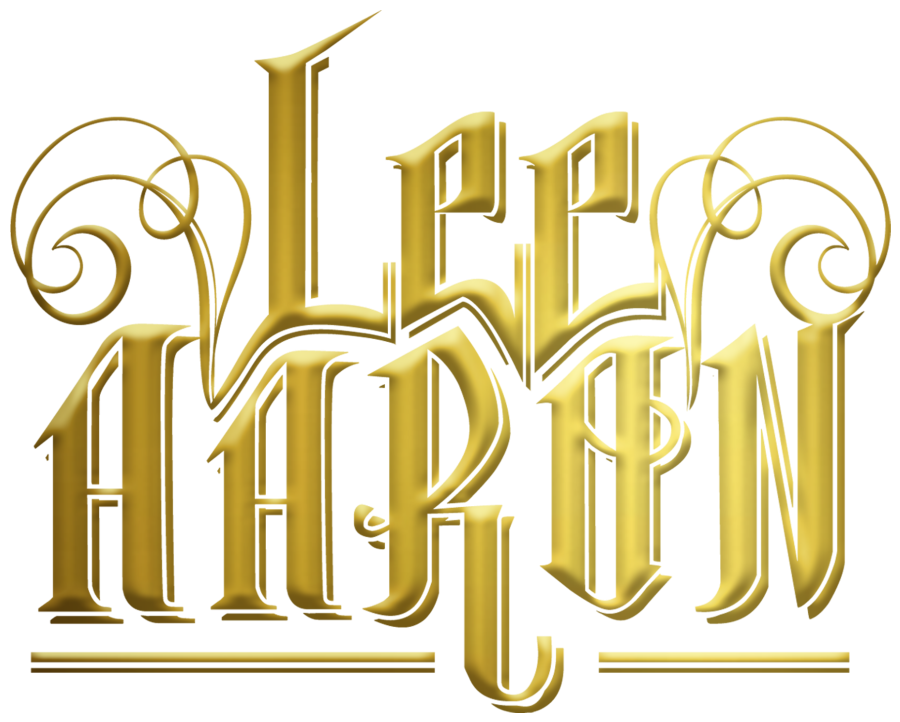
 Lee Aaron happy to abdicate her metal throne
Lee Aaron happy to abdicate her metal throne
Singer’s jazz persona starting to stick
Eric Volmers
February 27, 2008
While many artists are reluctant to relive their past, one gets the impression that Lee Aaron’s aversion to the expansive forces of nostalgia may be stronger than most.
Aaron, as you may remember, achieved iconic status in the early 1980s as the voice and face behind Metal Queen. The 1984 album, while still the subject of stubborn devotion from a few surviving metalheads, was probably best known for its startling cover art.
It featured a young Lee perched on a mountaintop clutching a gigantic sword while staring alluringly at the camera. While the image may have helped more than a few boys negotiate the trials of puberty, it has aged about as well as Hulk Hogan’s Saturday morning Rock ‘n’ Wrestling cartoon and when Aaron morphed into a surprisingly adept jazz singer a few years back, she was determined to bury the fur bikini-wearing Metal Queen for good.
“I think it was 2000 and 2001 when I actually took a stand and said, ‘I’m sorry, I’m not going to play any of my old material,’ ” says Aaron, in an interview from her home in Toronto.
“On a personal level, it was important to me to do something I was passionate about. And it was something I felt I really needed to do because that really was the perception of me: Canadian rock chick. With that came a lot of other ideas about what a rock chick is. I felt I didn’t really fit that mould. Musically, I was certainly interested in a variety of things beyond the realm of rock ‘n’ roll.”
So it may be a touch surprising that Aaron has agreed to play the Deerfoot Inn and Casino with fellow 1980s Canuck warriors The Headpins on Friday.
Aaron, now a mother of two with a handful of jazzy records to her name, admits she isn’t pleased with the industry’s insistence on sealing all pre-1995 acts into the same “corporate rock” envelope, but there’s evidence that the artist — born Karen Lynn Greening in Belleville, Ont. — is a little more at ease with her past.
“Between the ages of 20 and 30 I got be a rock star and tour around the world,” she says. “I had people falling over me to make me happy. It was an amazing portion of my life. How many people get to live that?
“When the grunge movement came in, everyone who was anyone who had anything to do with that commercial sound fell off the edge of the planet. I had my moment of bitterness where I said, ‘That was it? That was my five minutes?’ But it was the best thing that could have happened, because it expanded me musically.”
Becoming a jazz singer was not the first transformation for Aaron. Lee Aaron was actually the name of her band in Toronto. She joined as singer while still a teen and a debut album called the Lee Aaron Project was released in 1982. Two years later, Greening’s beguiling presence had completely taken over the act. She became Lee Aaron — a sexy metal queen and, as she dryly puts it, fairly lucrative “commodity.”
These days, Aaron may be reluctant to say she has completely made the leap to jazz singer, but there’s evidence that the transformation is sticking in the minds of the public.
In 2000, when Aaron released her jazzy comeback album Slick Chick, the Canadian rock media responded by flogging the obligatory “metal-queen-becomes-jazz-queen” angle to death. Still, Aaron began to play jazz festivals that showcased her luminous vocals. Slowly but surely, she won over the skeptics and when she gave birth to her son in 2006, the Vancouver Sun’s headline was “Baby boy for jazz singer.”
“On many levels, I wish it didn’t have to be so one-dimensional,” she says. “Look at that new album that Robert Plant did with Alison Krauss. He is a seasoned enough artist and performer that he can do that. My ultimate goal is to be thought of in that regard.”
None of which explains why she would hit the casino circuit. Surely there will be expectations for her to revisit the Metal Queen period if she’s playing alongside thundering 1980s CanCon rockers The Headpins?
“The show I’m bringing has a wide spectrum of what I do,” she says.
“. . . We’ve put together a show, myself and the players that I’m working with, where we play (the hits) with slightly different treatments. We’ve blended it with other material and it’s all around quite cohesive.”
Will Metal Queen — the song — be making an appearance?
Perhaps, but Aaron isn’t making any promises. And if she does show up, the audience can expect her to be older and more mature.
“Most of the material, pre (1989’s) Body Rock, I have a difficult time going back there,” she says. “I was a teenager when I wrote a lot of it and I don’t think it was my best writing. Just in terms of worldly wisdom, my world view is so vastly different at this stage in my life compared to my life when I was 20. Of course, people will still be screaming for Metal Queen.”
© Copyright Calgary Herald
